Sustainable Travel in Schleswig-Holstein
Discover Lübeck, Kiel and Sylt
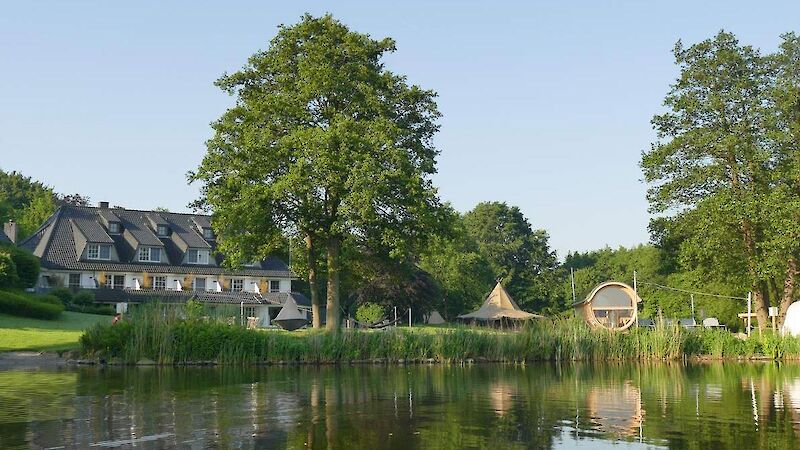 © Seehotel Töpferhaus
© Seehotel Töpferhaus
If you are looking for a place where you can meet and travel sustainably, Lübeck, Kiel and Sylt are definitely worth a visit. Discover the beauty of this region while supporting its efforts to protect the environment and promote sustainable action.
Lübeck
Lübeck und Travemünde Marketing GmbH and DEHOGA have jointly launched a sustainability campaign. The aim is to have as many businesses as possible, and therefore the entire destination, certified with the "Sustainable Destination" seal. Numerous hotels and conference venues in Lübeck are already committed to this. For example the Musik- und Kongresshalle (MUK). The roof of the MUK not only houses bee colonies, which contribute to the preservation of green spaces and biodiversity, but the entire hall is also 100% lit by photovoltaics. MUK is also involved in various networks, such as fairpflichtet and the Diversity Charter, to promote sustainability.
The HolidayInn Lübeck has already received the TourCert certification and was the first hotel in Schleswig-Holstein to receive the BREEAM certification. They see themselves as ambassadors of the city's sustainability campaign and place particular emphasis on avoiding food waste. To this end, an intelligent waste scale, that recognizes discarded food and calculates the ecological costs incurred, is used. Food orders are adjusted on this basis.
Kiel
The state capital is not only known for its maritime atmosphere, but also for its commitment to sustainability. Many hotels are committed to efficient energy management and the daily use of LED lighting to combat high energy consumption. The Maritim Hotel Bellevue is no exception. Energy-saving mini bar fridges have been installed here and optimal logistics in the procurement of raw materials is the order of the day. The Maritim Bellevue is also committed to the sustainability code fairpflichtet.
The Birke conference hotel relies on an environmentally friendly garden without chemicals, using its own compost as fertilizer . The hotel does not only dispense with chemicals in the garden, but also uses dry steam cleaners for cleaning. The use of regional fruit, vegetables and meat goes without saying.
The aim of the Steigenberger Conti Hansa is to minimize the ecological impact of all phases of an event. For their Green Meetings in Germany and Austria, electricity from renewable energy sources is used and unavoidable CO2 emissions are offset by investing in climate protection projects.
At the Me and all Hotel the focus is on regionality and environmentally friendly food. In addition, only cashless payment is possible and the hotel has Green Sign Level 4 certification. Guests will also find an e-charging station and My Boo bicycles made of bamboo, which are available free of charge.
Eutin und Alt Duvenstedt
The Seeloge in Eutin is an inclusive establishment, as at least 40% of its employees have a recognized disability. The roof of the hotel has been planted to absorb CO2 emissions.
The Seehotel Töpferhaus is located in Alt Duvenstedt. The hotel has two greenhouses.: One of them is used to grow herbs that are used in the hotel kitchen, while the other one houses flowers, that are used to decorate the restaurant. Both greenhouses are operated exclusively with the waste heat from the block heating and cooling system. Through efficient energy management and further adjustments in all areas, the Seehotel is setting a good example for an environmentally friendly future.
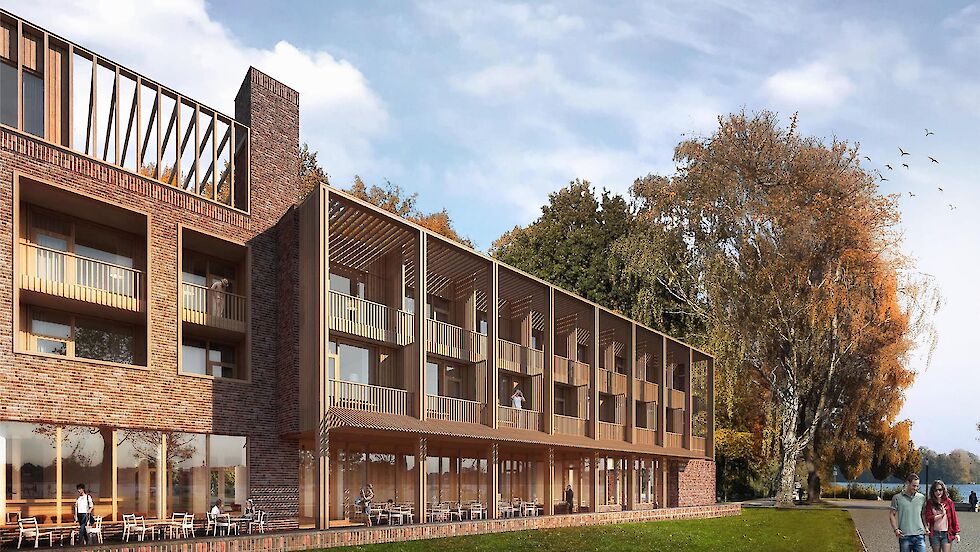 © Seeloge Eutin
© Seeloge Eutin
Niederkleveez bei Plön und Neumünster
The Osterberg seminar hotel in Niederkleveez impresses with its environmentally friendly construction of the "Haus der Mitte" and promotes the “GrünBunte Tage” - an event that shows how easy vegan cooking can be.
The conference center Kiek in! Neumünster, on the other hand, is characterized by its wheelchair-accessible seminar rooms and overnight accommodation in the youth hostel or hotel. As a public-law institution of the city of Neumünster, it pursues a mission statement that focuses on community and sustainability.
Sylt: Sustainable island magic
Sylt, the popular North Sea island, not only offers beautiful beaches and idyllic landscapes, but also sustainable accommodation and activities. Many hotels and restaurants on the island focus on regional and seasonal food and strive to avoid food waste.
The island itself is easy to explore by public transport and bicycle. Waste management on Sylt also follows sustainable principles with waste separation and environmentally friendly disposal methods.
Your contact person from the Schleswig-Holstein Convention Bureau
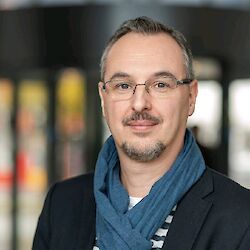 © Schleswig-Holstein Convention Bureau
© Schleswig-Holstein Convention Bureau
Enrique Garcia Rios
- Schleswig-Holstein Convention Bureau
- garcia@sht.de
Would you like to learn more about sustainability in Schleswig-Holstein? Enrique Garcia Rios is your first point of contact and will be happy to help you make your next business meeting in Schleswig-Holstein a complete success!
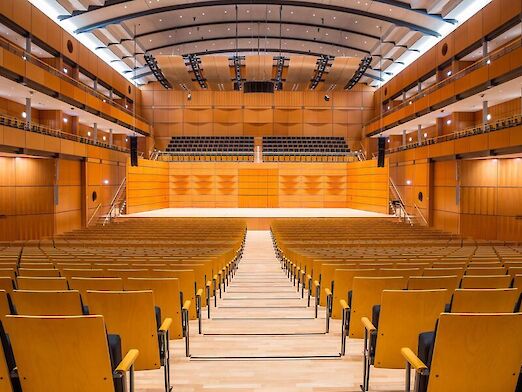 ©
©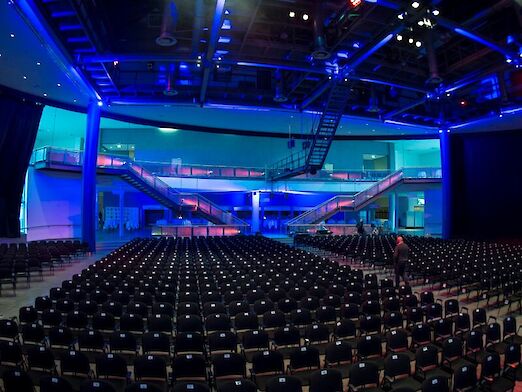 ©
©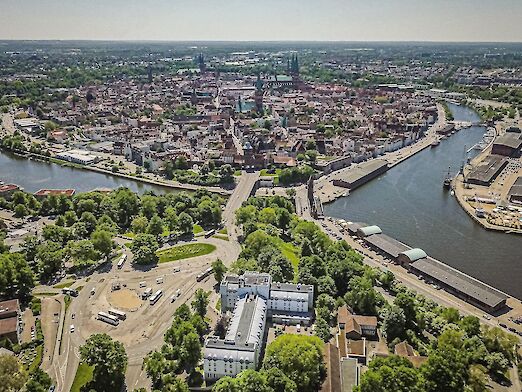 ©
©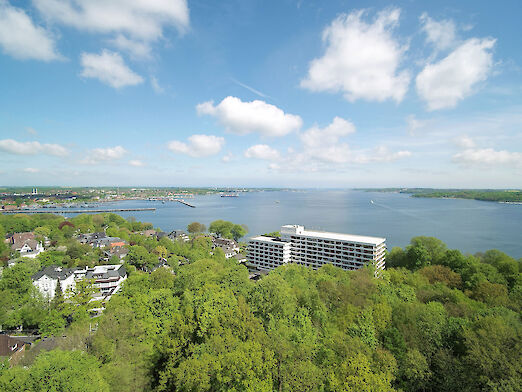 ©
©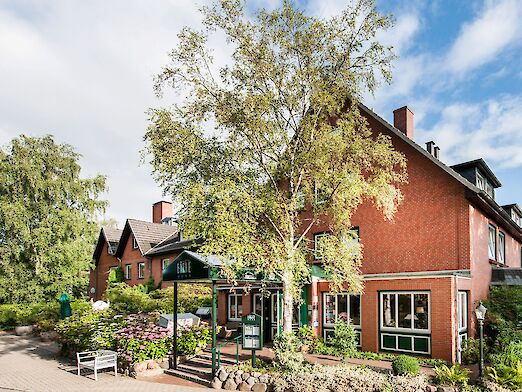 ©
©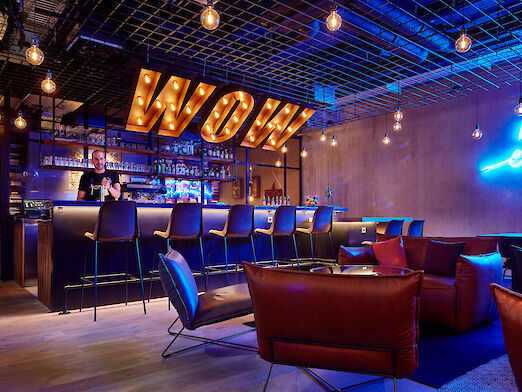 ©
©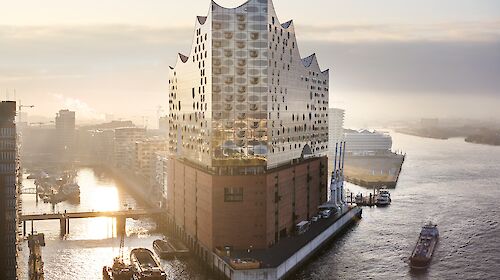 ©
©